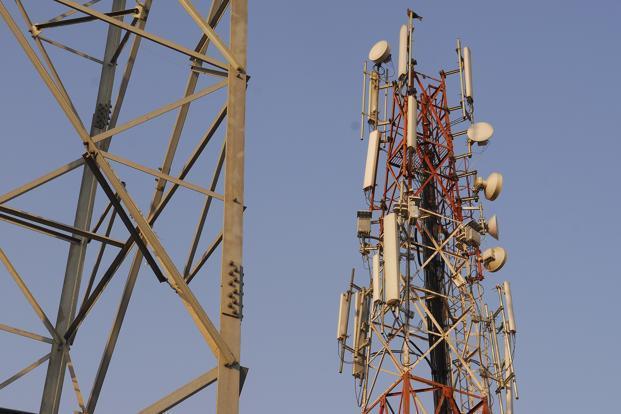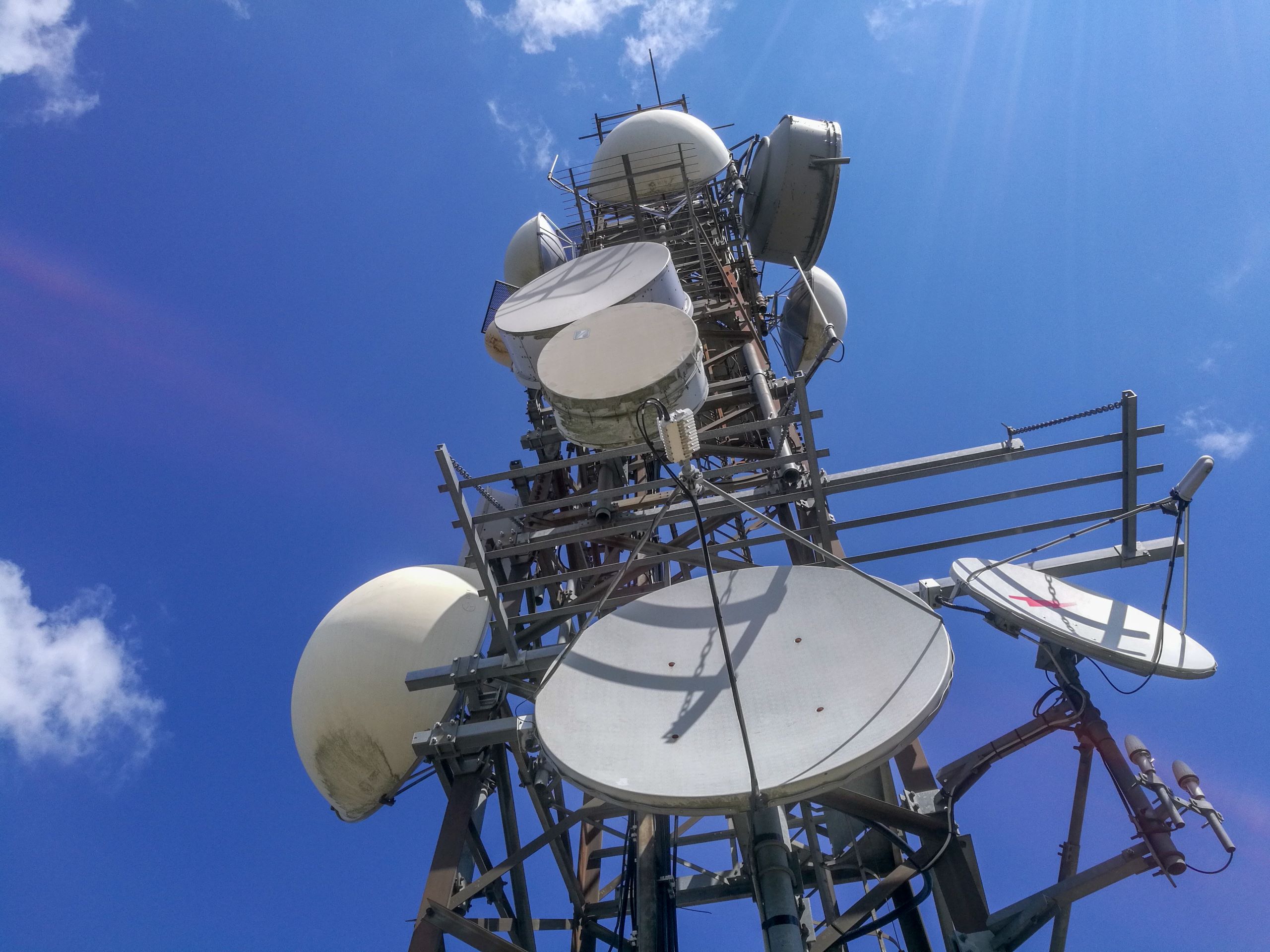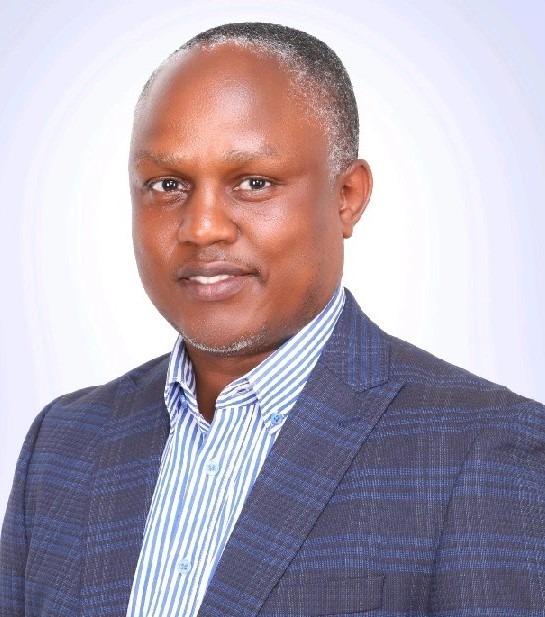Poor telephony infrastructure, low ownership of mobile phone/low access of equipment & technologies and low levels of knowledge on the utility of Information Communication Technologies to revolutionise people’s lives and work, remain the biggest barriers to use of mobile telephones, mobile telephone services and ancillary services, a new report recently released by the Uganda Communications Commission shows.
The Report, “Access and Usage of Communication Service across Uganda,” released by the communications regulator in February 2015, shows that 88.7 per cent of people interviewed say they don’t own a mobile phone set because they can’t afford it, 72 per cent said they don’t own a set because there is no power source (electricity to charge it on), while 38.9 per cent said they didn’t own a mobile phone because there was no mobile telephone network in their area.
All these point to poor developed infrastructure of mobile telephony and electricity-especially in the rural areas. The fact that a majority of Ugandans can’t afford a mobile phone means that the cost of the sets is still on the higher side for a majority of Ugandans. But this need not be the case as appropriately priced yet genuine and reliable sets can be secured for the local majority market. This could mean that dealers of sets are not brining onto the market appropriate technologies. This is an area that telephone companies need to take interest in, for the higher the number of sets owned by a majority Ugandans, the more the services are consumed-directly or indirectly.
Low coverage of network is clearly a ball in the court of the Telcos. Asked in the same study why they own more than one SIM card, 35.8 and 15.8 per cent rural and urban respondents respectively, said for use in areas where one network may be poor. This means that one of the reasons Ugandans own more than one SIM card is because they don’t trust that if they stuck with one service provider, their network will be on all the time, everywhere.
Generally internet use in the country is still very low. Asked if they had used internet in the last 3 months, 19.4 per cent urban and 3.7 per cent rural respondents said they had. Put another way, about 81 per cent of urban Ugandans hadn’t used internet in the last three months preceding the survey, and a whopping 97 per cent of rural folks had not used internet.
The reasons for this low use of internet? 92.4 per cent said they didn’t know how to use internet, 88.1 per cent said they had no internet connect, while 85 per cent said they didn’t know what internet is.
At a time Ugandan is talking about socio-economic transformation, internet is certainly one of the certain platforms to deliver this transformation; whether in agriculture, processing, health, etc internet should be at the fore. The fact that there still exist low appreciation and low use of internet in the country means that there is a lot that needs to be done to demystify the internet, but also to make in accessible, cost effective and relevant to the lives of the majority of Ugandans. Ugandans need to be shown how internet can revolutionise whatever they do to eke a living; how internet can be used to multiply their productivity, affectivity and hence their incomes.
What is even more depressing is that as the rest of the world is moving fast towards plastic money and e-money, Ugandans still largely transact business using cash. Asked how they do business. 98 per cent of Ugandans said they use cash. This means that whether it is paying school fees, shopping for grocery, paying for services like medical services, utilities, etc, Ugandans still use cash. Only a paltry 5.5 per cent said they use mobile money for transacting business. Only 0.7 per cent said they use credit/Debit cards.
The positive side to this, is that once the ICT basic infrastructure is put in place, there is a huge potential for uptake, consumption and utilisation of ICT services by Uganda’s population especially as people’s incomes continue to grow.
The full UCC Report can be accessed here












